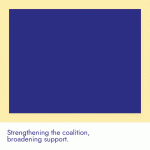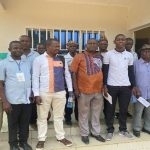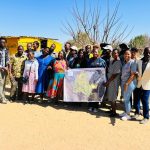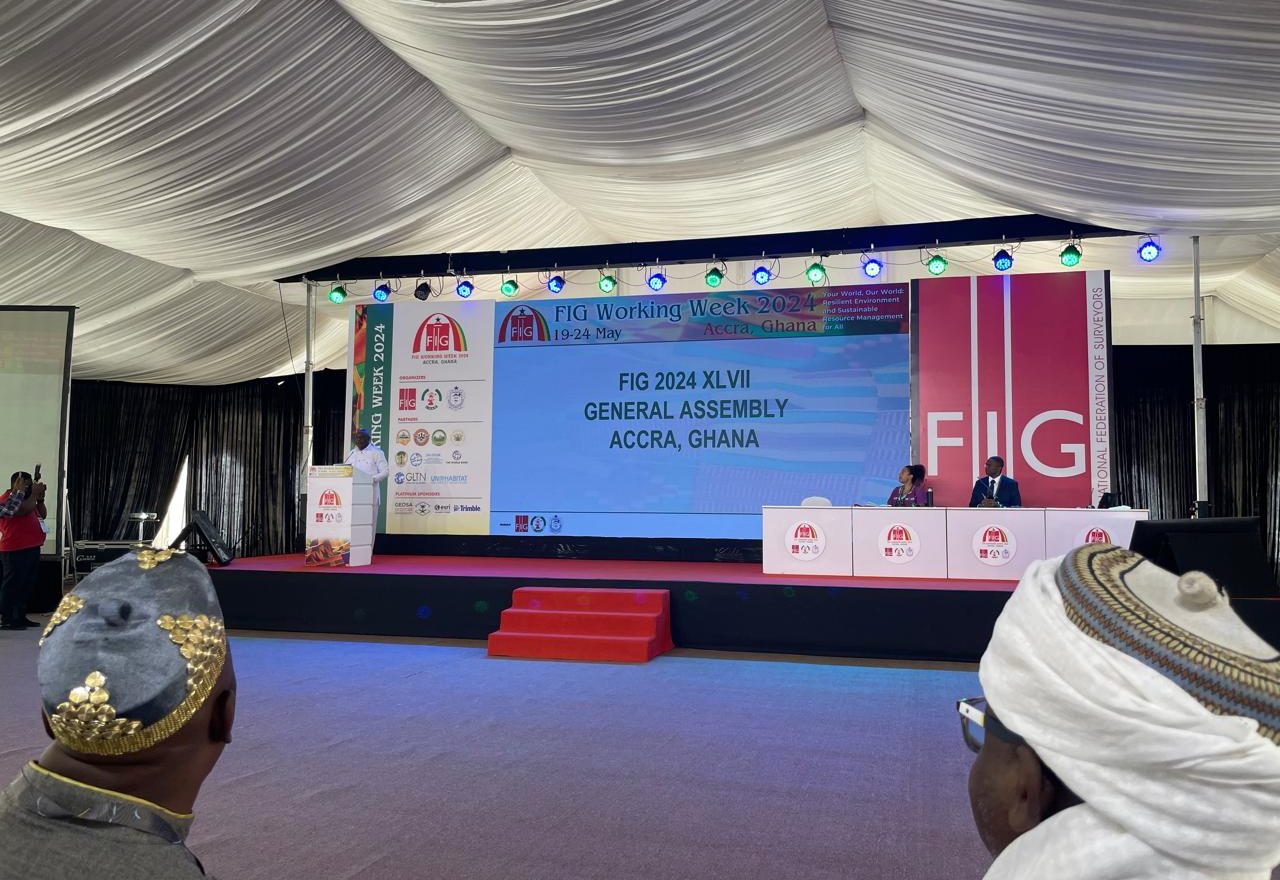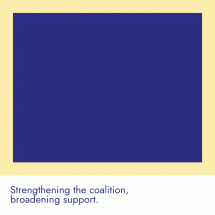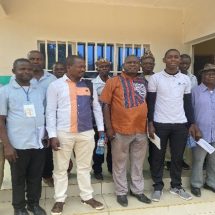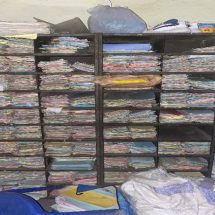The 2024 FIG Working Week, held in Accra, Ghana from May 19 to 22, provided a platform for the Global Land Tool Network (GLTN) to demonstrate its pivotal role in strengthening land governance across the region. Under the theme “Your World, Our World: Resilient Environment and Sustainable Resource Management for All,” GLTN actively engaged in plenary sessions, joint discussions, technical presentations, and strategic bilateral talks.
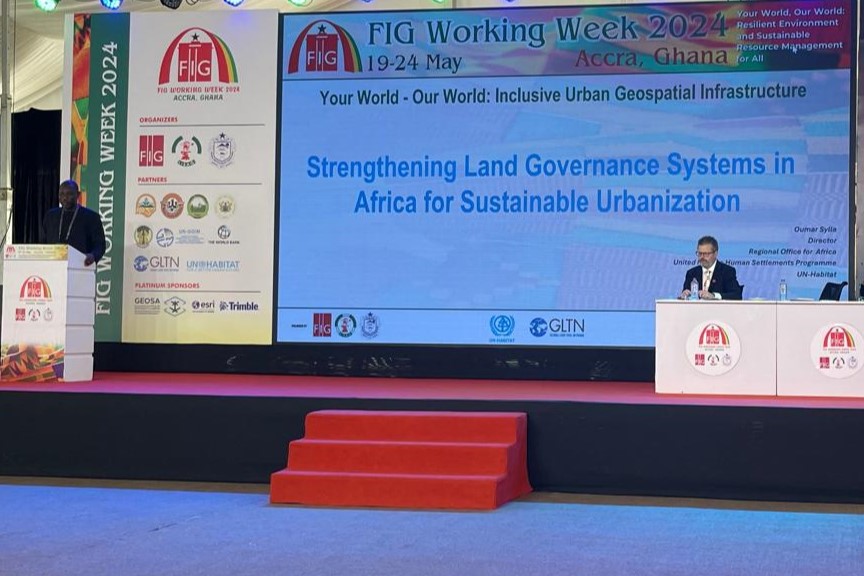
During the three-day conference, the respective plenary sessions across the three days highlighted the role of traditional leaders and youth in land governance issues. Additionally, the importance of effective land management in achieving sustainable urbanization in Africa was underscored. His Royal Highness Morgan Kumwenda of Zambia shared innovative community-driven approaches to securing tenure rights on customary lands, drawing from his experiences in documenting land rights within the Chamuka Chiefdom. The FIG Young Surveyors Network (YSN) launched a joint GLTN/FIG publication on the Volunteer Community Surveyor Programme, showcasing how young land professionals contribute to addressing land-related challenges, including climate change and food security. Oumar Sylla, Director of UN-Habitat’s Regional Office for Africa, emphasized the significance of secure land tenure for vulnerable populations, highlighting its potential to drive positive change among urban dwellers. UN-Habitat’s commitment to realizing Sustainable Development Goal 11 (inclusive and sustainable urbanization) aligns with the broader vision outlined in Agenda 2063 for a prosperous Africa.
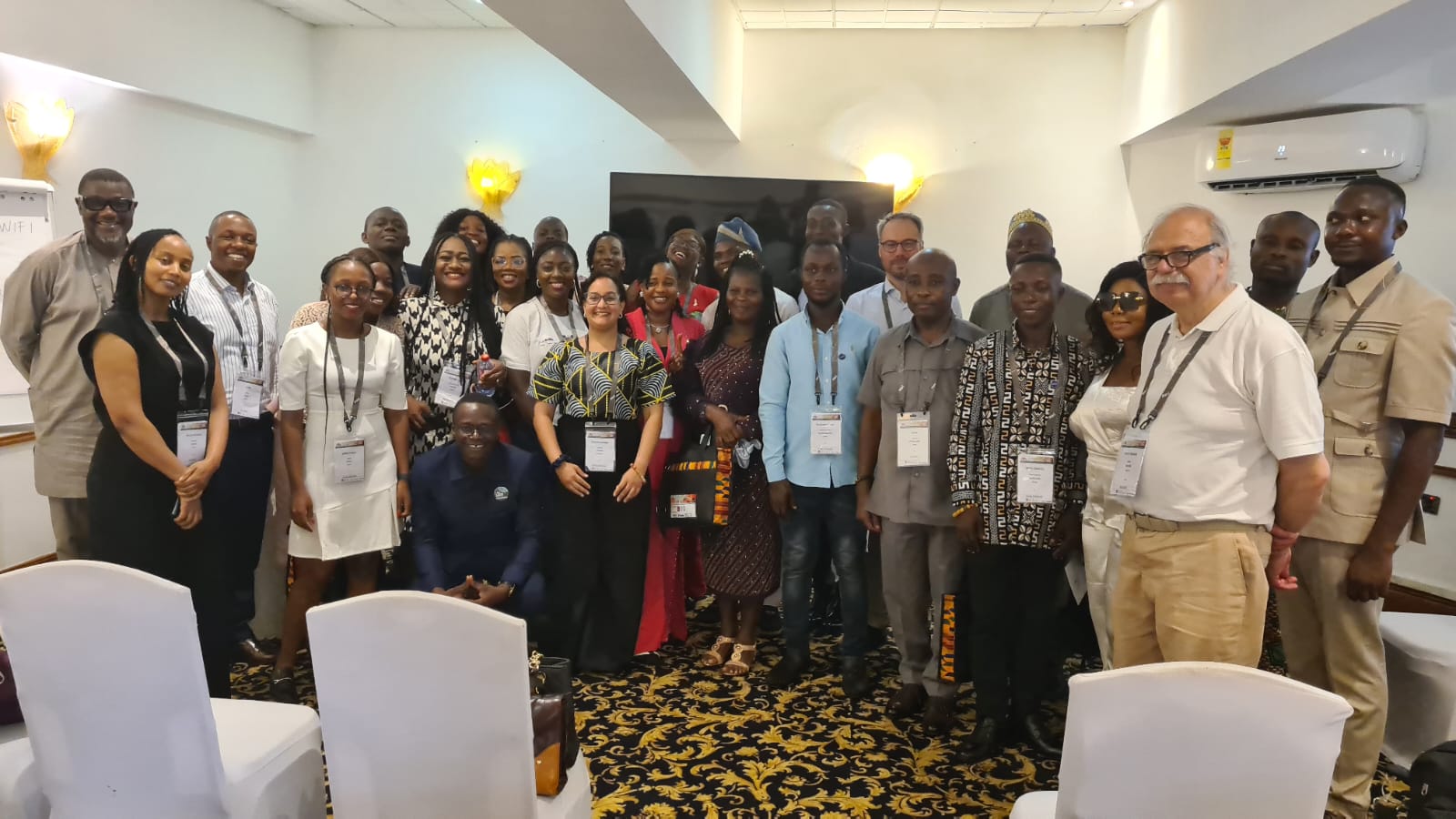
GLTN’s country work was prominently featured in the technical paper presentations during the 2024 FIG Working Week. In Kenya, the focus was on demonstrating how existing communal land registration policies could be adapted for registering community land in informal settlements, drawing from practical experiences in select urban areas. Meanwhile, in Nepal, the presentation highlighted preliminary findings from the adoption of the land banking concept in four municipalities, with potential implications for widespread adoption across the country. In the Democratic Republic of Congo, insights captured from piloting a Customary Land Register played a crucial role in shaping key provisions for the country’s inaugural National Land Policy. Two papers were presented for Namibia on the application of GLTN tools in Tenure-Responsive Land Use Planning in Okahandja Municipality, highlighting the adoption of participatory enumeration and the Social Tenure Domain Model (STDM) for empowering communities to lead their development path to tenure security, as well as the use of land information in facilitating effective informal settlement upgrading.
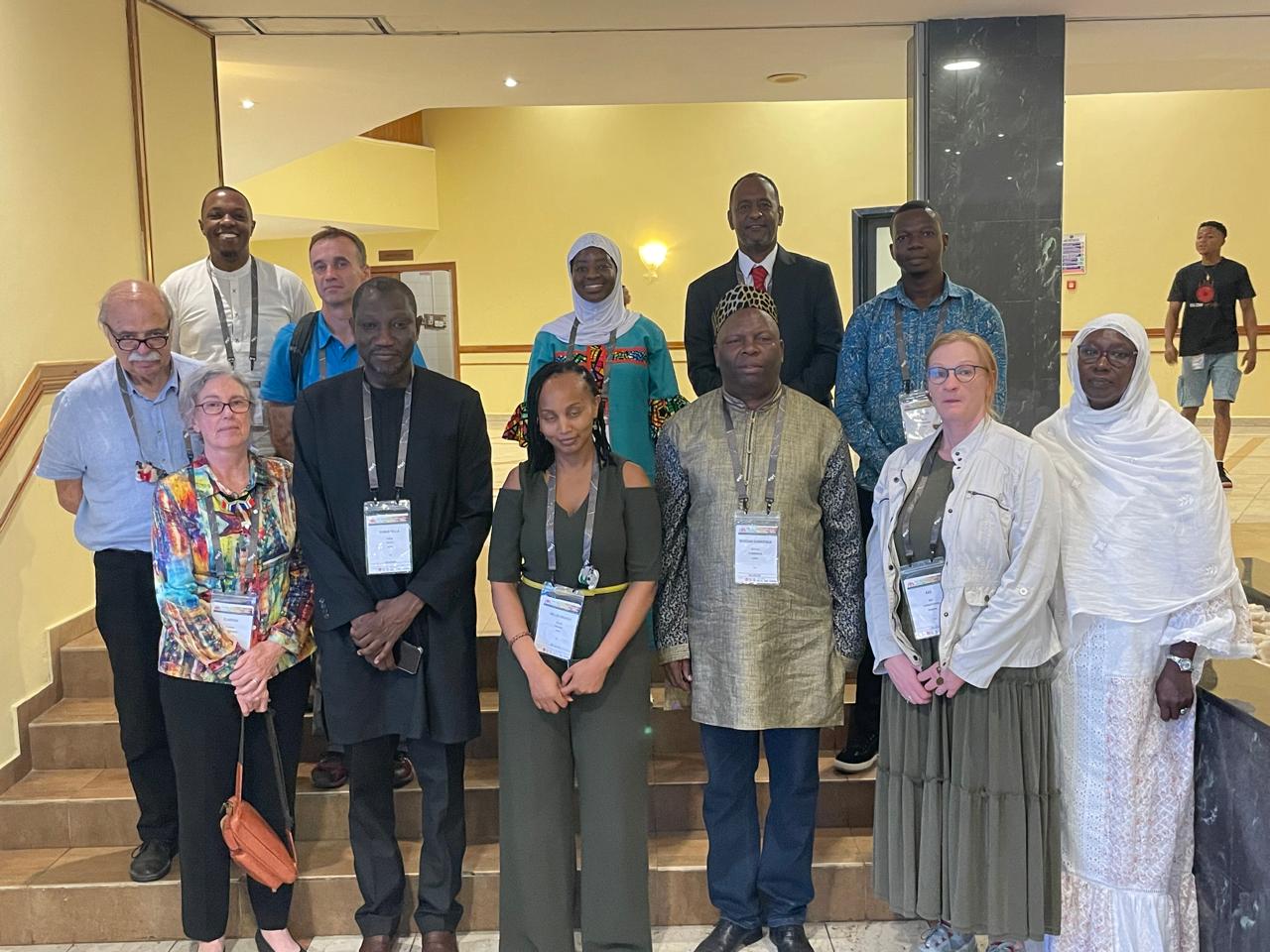
GLTN co-organized several joint sessions with various partners, addressing critical issues related to land governance. These sessions explored the role of traditional institutions in modernizing land governance systems and strategies for promoting traditional values in Africa. Additionally, there were discussions on mainstreaming gender in land governance, including empowering women within Muslim contexts by improving access to land rights (HLP). The session on Valuation of Unregistered Land (VUL) highlighted significant milestones, such as the impact of the VUL practice manual on recognizing land value in non-formal tenure contexts. References to VUL and the International Valuation Standards (IVS) were incorporated into the latest update of ISO LADM II 19152 Part 4, which recently received approval in the ISO Draft International Standard (DIS) stage. This achievement underscores GLTN’s strong collaboration with organizations like the Royal Institute of Chartered Surveyors (RICS), the International Federation of Surveyors (FIG), the International Valuation Standards Council (IVSC), and Kadaster International. More information on this is available here.
In summary, the 2024 FIG Working Week in Accra, Ghana served as a dynamic platform for GLTN to showcase its impactful contributions to land governance. From practical country experiences in various diverse contexts to normative discussions on priority areas for addressing key land governance issues. As GLTN continues to drive positive change, its collaboration with various partners remains pivotal. We extend our heartfelt gratitude to FIG for facilitating GLTN’s visibility in this enriching forum. The shared vision of resilient environment, sustainable resource management, and inclusive urbanization for a prosperous Africa was truly exemplified during this remarkable event.

